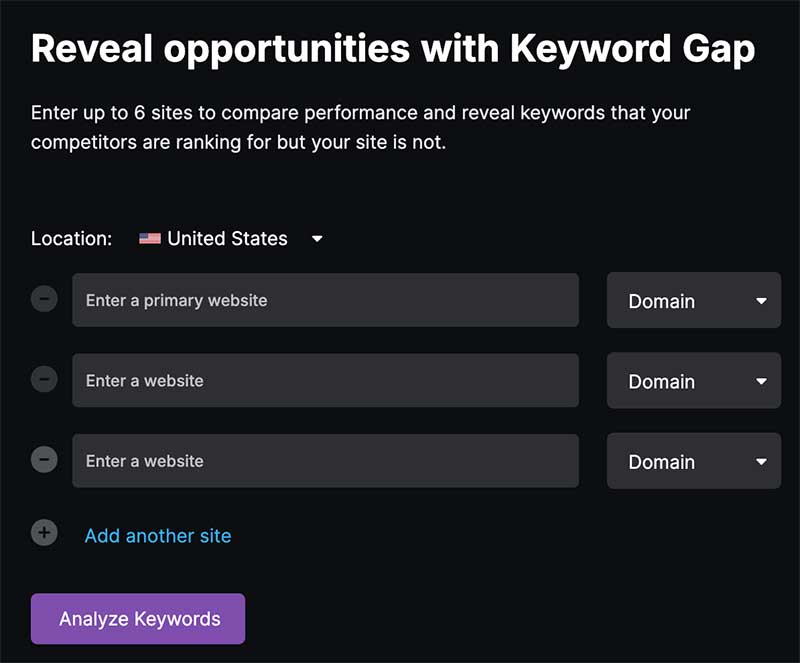Creating a robust digital marketing plan is essential for any business aiming to boost its online presence, engage target audiences, and drive measurable results.
In today’s highly competitive digital landscape, a well-structured strategy can be the difference between thriving and getting lost in the noise.
This article outlines key steps for Strategic Digital Marketing Planning for Search Ranking, helping you craft a plan that aligns with your business objectives.
1. Define Clear Goals and Objectives
Start by identifying your primary business goals. Are you aiming to increase brand awareness, generate leads, or drive online sales? Establish specific, measurable, achievable, relevant, and time-bound (SMART) objectives to guide your strategy. For instance, a goal might be to increase organic traffic by 30% within six months. Clear objectives are the foundation of any Strategic Digital Marketing Planning for Search Ranking.
2. Conduct Comprehensive Audience Research
Understanding your audience is crucial. Develop buyer personas to identify your ideal customers, their pain points, and the platforms they frequent. Utilize tools like Google Analytics, LinkedIn Insights, and customer feedback to gather data. The more you know about your audience, the better you can tailor your messaging to meet their needs.
3. Analyze Competitors
A competitive analysis provides insights into what’s working in your industry and where there are opportunities for growth. Identify your top competitors and assess their digital marketing strategies, including their SEO tactics, content marketing, and paid media efforts. This analysis helps you identify gaps and areas where you can differentiate your approach.

4. Develop a Content Strategy
Content is the cornerstone of any digital marketing plan. Create a content calendar that aligns with your business goals and addresses the needs of your audience. Focus on creating SEO driven content that targets Strategic Digital Marketing Planning for Search Ranking. Include blog posts, case studies, infographics, and videos that provide value and drive engagement.
5. Optimize for SEO
Search engine optimization is critical for visibility and search ranking. Conduct keyword research to identify high-value terms, including Strategic Digital Marketing Planning for Search Ranking, and incorporate them naturally into your content. Optimize meta tags, headings, and internal links to enhance discoverability and boost search engine rankings.
6. Implement Paid Media Campaigns
Paid media, including Google Ads and LinkedIn Ads, can amplify your reach and drive targeted traffic. Develop ad campaigns that align with your content strategy, targeting specific audience segments based on location, interests, and behaviors. Regularly monitor ad performance and adjust your strategy to maximize ROI.
7. Track and Measure Performance
Effective digital marketing plans are data-driven. Set up tracking mechanisms in Google Analytics, LinkedIn Analytics, and other platforms to monitor key performance indicators (KPIs). Track metrics such as website traffic, conversion rates, and lead generation to assess the effectiveness of your campaigns. Adjust your strategy based on data insights to continually optimize performance.
8. Review and Refine
Digital marketing is not a one-time effort. Regularly review your strategy, assess what’s working, and refine your approach. Stay updated with the latest digital marketing trends and tools to keep your plan relevant and effective.
Implementing a Strategic Digital Marketing Planning for a robust Search Ranking approach is essential for long-term success. By aligning your marketing efforts with clear goals, targeted content, and data-driven strategies, you can position your brand as an industry leader and drive sustainable growth.
If you’re ready to develop a comprehensive digital marketing plan that drives measurable results, connect with me on LinkedIn or contact me for a free consultation.

